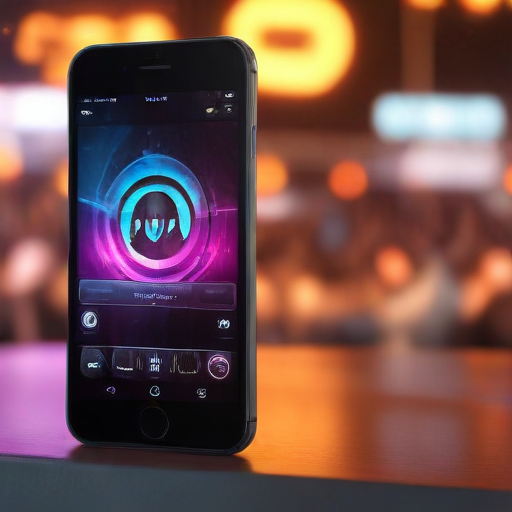Rapper Drake’s company, Frozen Moments, has filed a petition in a New York court alleging that Spotify and Universal Music Group (UMG) conspired to artificially inflate the streaming numbers of Kendrick Lamar’s diss track “Not Like Us.” The song, a product of a highly publicized feud between Lamar and Drake, dominated the Billboard rap charts throughout the summer.
In the petition, Frozen Moments claims that UMG engaged in a scheme to manipulate streaming service metrics by employing bots and pay-for-play arrangements to enhance exposure for “Not Like Us,” which has surpassed 900 million streams on Spotify. The allegations extend to a purported agreement where UMG licensed the track to Spotify at a 30% discount in exchange for increased visibility on the platform.
Moreover, the filing suggests that UMG used deceptive marketing tactics, including funding radio promoters to elevate airplay for the track and allegedly influencing Apple’s Siri to redirect users to Lamar’s song. A spokesperson for UMG firmly refuted these allegations, calling them “offensive and untrue,” and defended the ethical standards of their marketing efforts, emphasizing that music choices ultimately lie with fans.
Notably, UMG oversees both Kendrick Lamar’s label, Interscope, and Republic Records, which has been home to Drake throughout his career. Drake has openly referenced UMG CEO Lucian Grainge in his lyrics, hinting at the complex relationship dynamics within the industry.
The recent petition, filed on Monday, is not yet a lawsuit but aims to gather evidence for a potential civil claim under the Racketeer Influenced and Corrupt Organizations Act (RICO). This comes on the heels of Kendrick Lamar’s new album “GNX,” where he addresses the ongoing feud and its implications.
This situation underscores the competitive nature of the music industry and how artists navigate the complexities of fame, influence, and business dealings. As both artists continue to thrive in their careers, fans can expect a rich narrative filled with creativity stemming from this rivalry, highlighting how conflict can fuel artistic expression.
In summary, the ongoing legal drama not only sheds light on the behind-the-scenes machinations of the music industry but also reflects the art-imitates-life dynamic that continues to captivate audiences worldwide.
